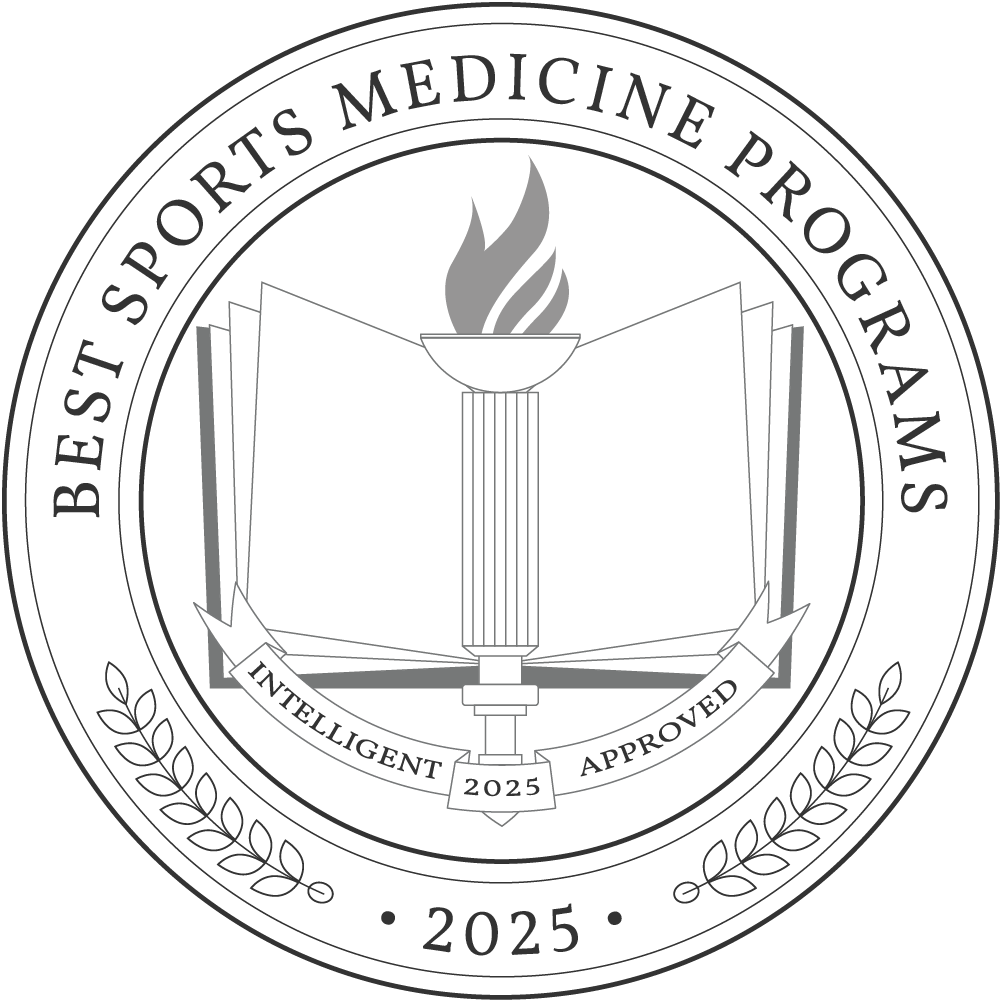A sports medicine degree prepares students for careers in personal training, sports medicine, rehabilitation, teaching, and research. It also lays the groundwork for a graduate physical therapy, occupational therapy, nursing, or athletic training degree program.
The degree leads to various careers — in 2023, personal trainers and strength coaches earned an average yearly salary of $45,910, and athletic trainers averaged $57,930 per year. With a master’s degree, physical therapists earned about $99,710 annually, and physicians and surgeons each made about $239,200 per year. The industry is growing, and positions like exercise physiologists are expected to increase by 10 percent by 2032.
Sports medicine degrees take up to four years for undergraduate studies and an additional year for graduate degrees. The average yearly tuition is $14,688.
Why Trust Us
The Intelligent.com Higher Education Team is dedicated to providing students with independent, equitable school and program rankings and well-researched resources. Our expert-driven articles cover topics related to online colleges and programs, paying for school, and career outlooks. We use data from the U.S. Department of Education’s College Scorecard, the National Center for Education Statistics, and other reputable educational and professional organizations. Our academic advisory team reviews content and verifies accuracy throughout the year for the most current information. Partnerships do not influence rankings or editorial decisions.
- Analyzed over 2,000 national, accredited, and nonprofit colleges and universities
- 800+ rankings pages are reviewed and updated yearly
- Content is informed by reputable sources, surveys, and interviews with academic advisors and other experts
- Over 100 data points are reviewed for accuracy and quality throughout the year, including sources
How we rank schools
Our list features the best Sports Medicine degree programs at top colleges nationwide. Each school featured is a nonprofit, accredited institution — either public or private — with a high standard of academic quality for post-secondary institutions.
We evaluated each school’s program on tuition costs, admission, retention and graduation rates, faculty, reputation, and the student resources provided for online students. We collected data from trusted sources like the National Center for Education Statistics, individual school and program websites, school admissions counselors, and other data sources. Then, we calculated the Intelligent Score on a scale of 0 to 100 based on the following criterion:
Academic Quality:
- Admission rate versus enrollment rate
- Retention rate of students who return after year one
- Accreditation status (regional and programmatic)
- Nonprofit status, both private and public institutions
Graduation Rate
- Overall graduation rate
- Total number of currently enrolled students, including diversity metrics
- Student-to-faculty ratio
Cost and ROI
- In-state and out-of-state per-credit tuition rates and fees
- Required credits to graduate
- Earning potential after graduation
- Availability of federal student loans, scholarships, and other financial aid options
Student Resources
- Available student services for online-only and hybrid programs
- On-campus amenities like tutoring centers and the number of libraries
Read more about our ranking methodology.
Best 7 Accredited Sports Medicine Degree Programs
FiltersInstitution Type
Status
- Intelligent Score
- Alphabetically By University Name
- Acceptance Rate
- Enrollment
- In-state Graduate Tuition
- Out-of-state Graduate Tuition
- In-state Undergraduate Tuition
- Out-of-state Undergraduate Tuition

The University of North Carolina at Chapel Hill
Intelligent Score: 98.77In-state: $7,019
Out-of-state: $34,198
In-state: $10,552
Out-of-state: $10,552
SAT: 1280-1490
ACT: 28-33
Resident: $292
Non-Resident: $1,556
On-Campus
Southern Association of Colleges and Schools Commission on Colleges
120
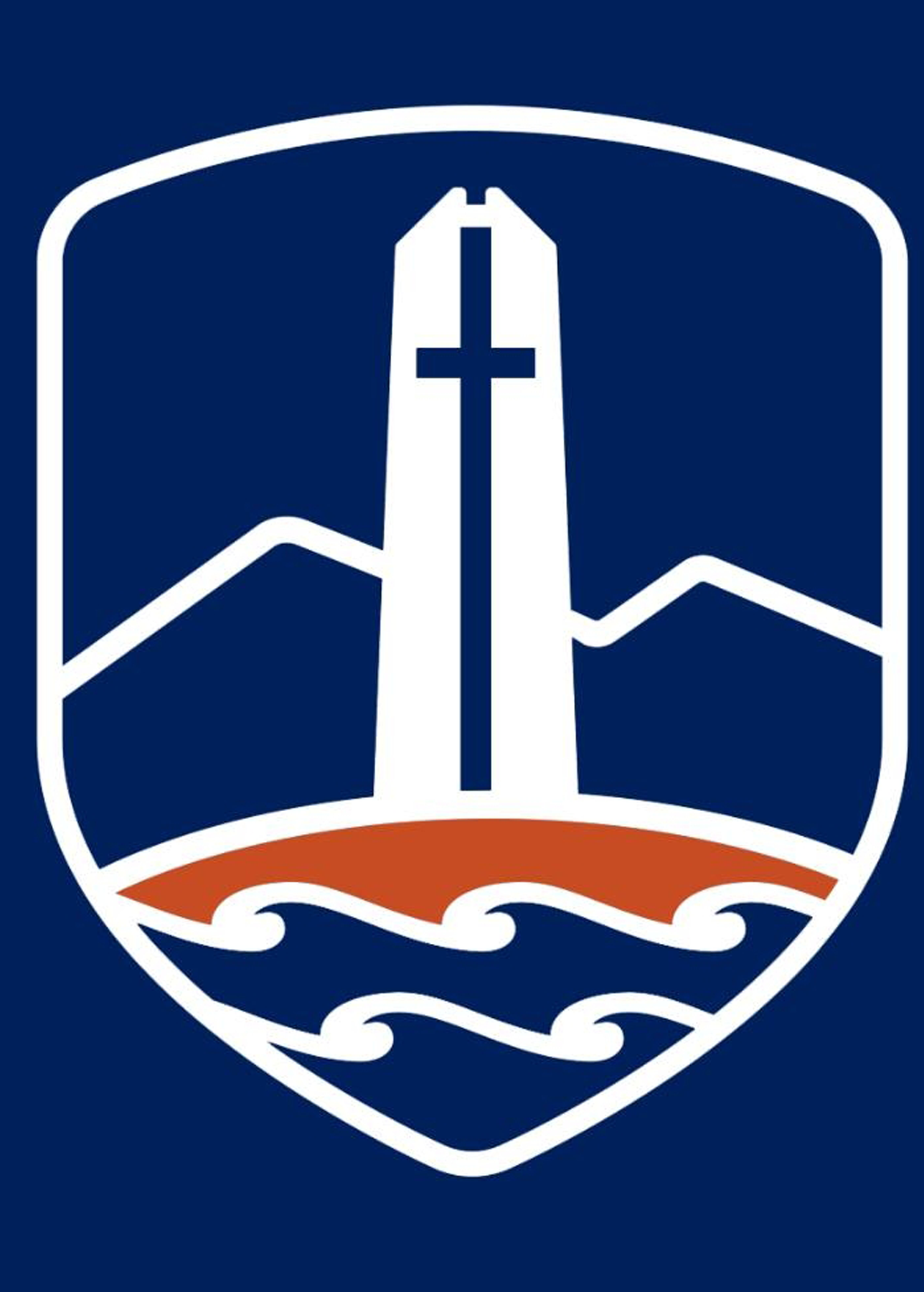
Pepperdine University
Intelligent Score: 97.12In-state: $57,750
Out-of-state: $57,750
In-state: $36,200
Out-of-state: $36,200
SAT: 1200-1410
ACT: 26-31
$2,170
On-Campus
Western Association of Schools and Colleges Senior College and University Commission
120

University of Georgia
Intelligent Score: 93.25In-state: $9,790
Out-of-state: $28,830
In-state: $8,878
Out-of-state: $8,878
SAT: 1250-1460
ACT: 29-33
Resident: $326
Non-Resident: $961
On-Campus
Southern Association of Colleges and Schools Commission on Colleges
120
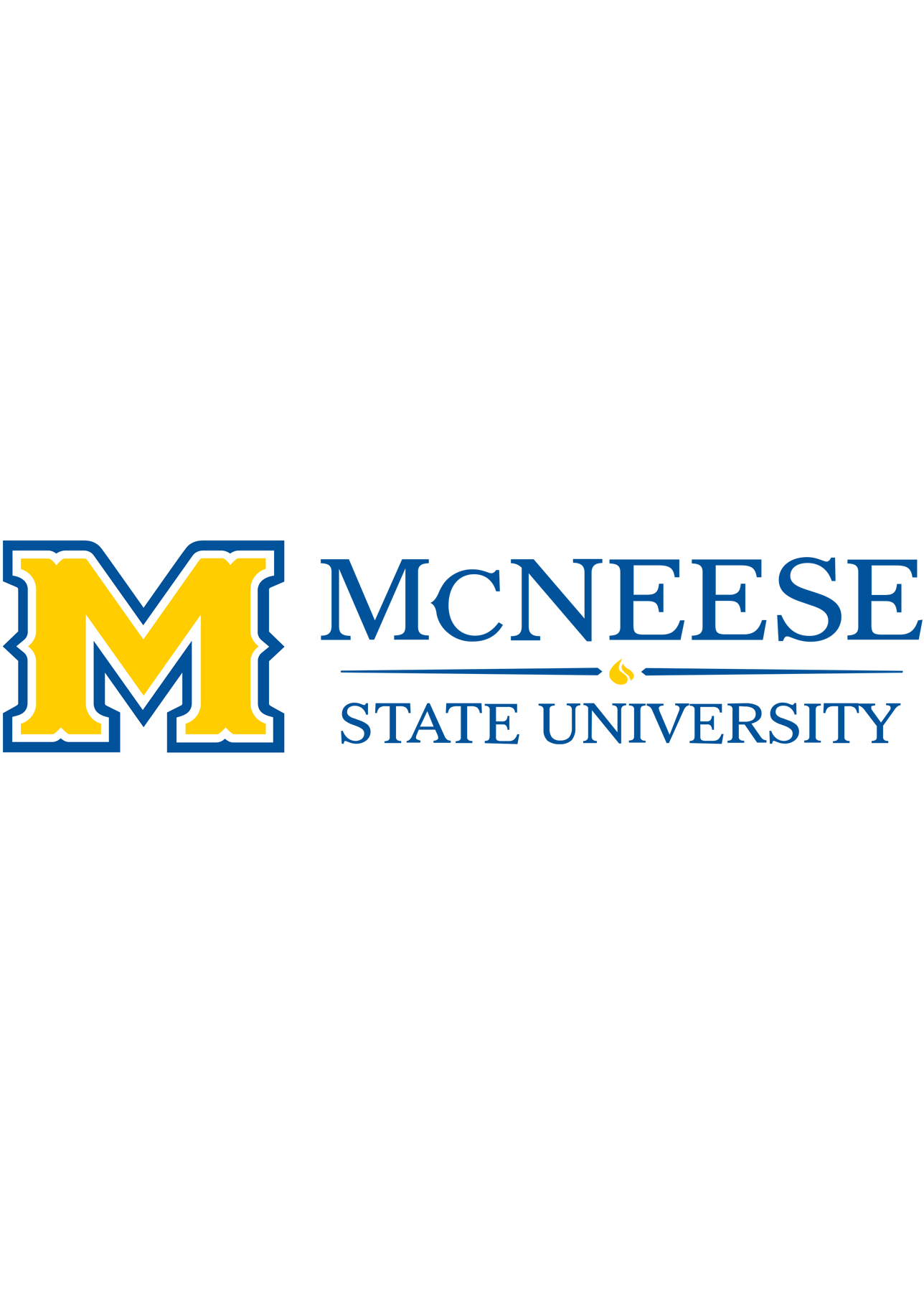
McNeese State University
Intelligent Score: 92.34In-state: $5,147
Out-of-state: $13,185
In-state: $5,703
Out-of-state: $5,703
SAT: 1050-1240
ACT: 20-25
Resident: $300
Non-Resident: $333
On-Campus
Southern Association of Colleges and Schools Commission on Colleges
120
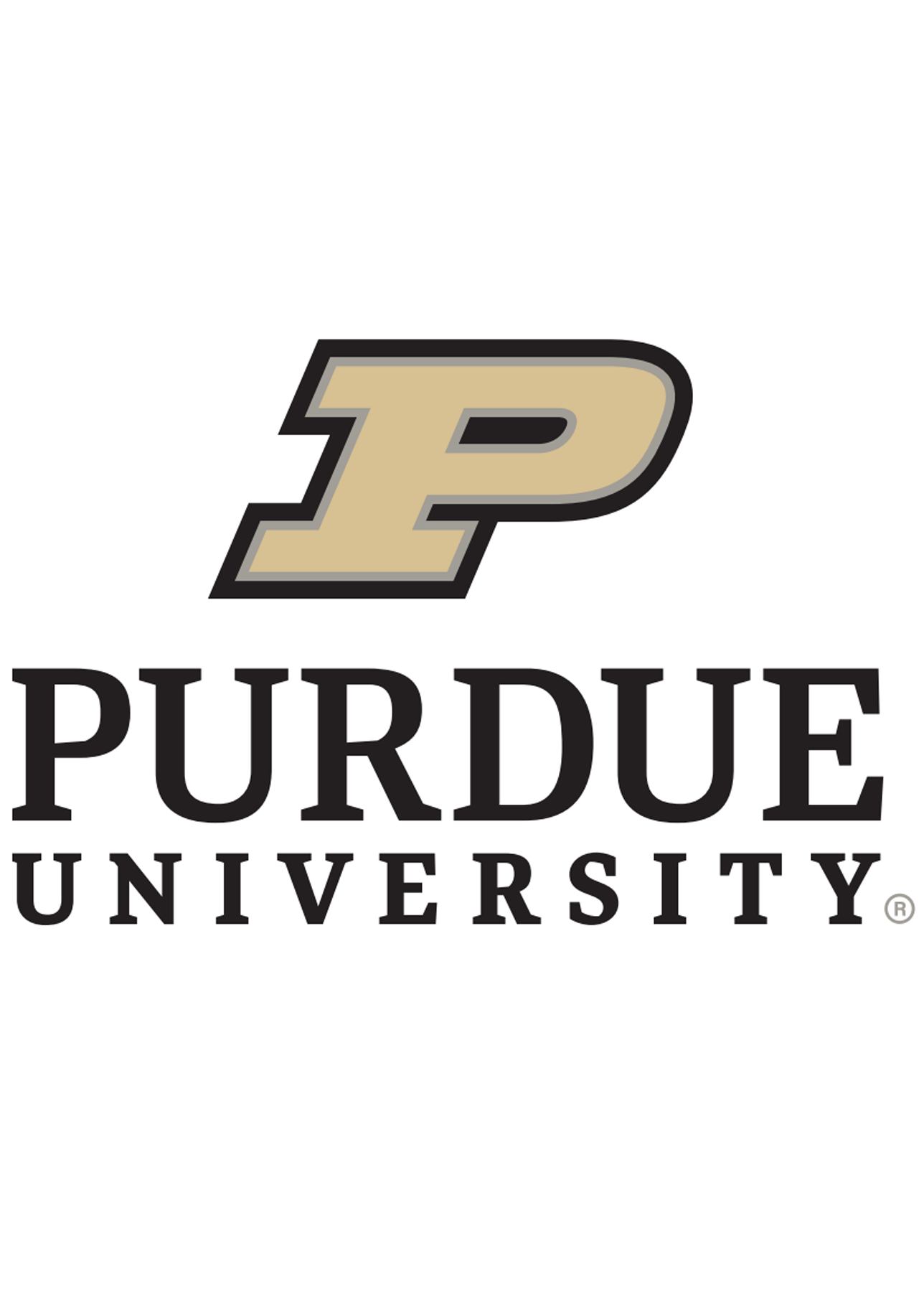
Purdue University
Intelligent Score: 91.50In-state: $9,208
Out-of-state: $28,010
In-state: $9,208
Out-of-state: $9,208
SAT: 1170-1420
ACT: 25-33
Resident: $347
Non-Resident: $948
On-Campus
Higher Learning Commission
120
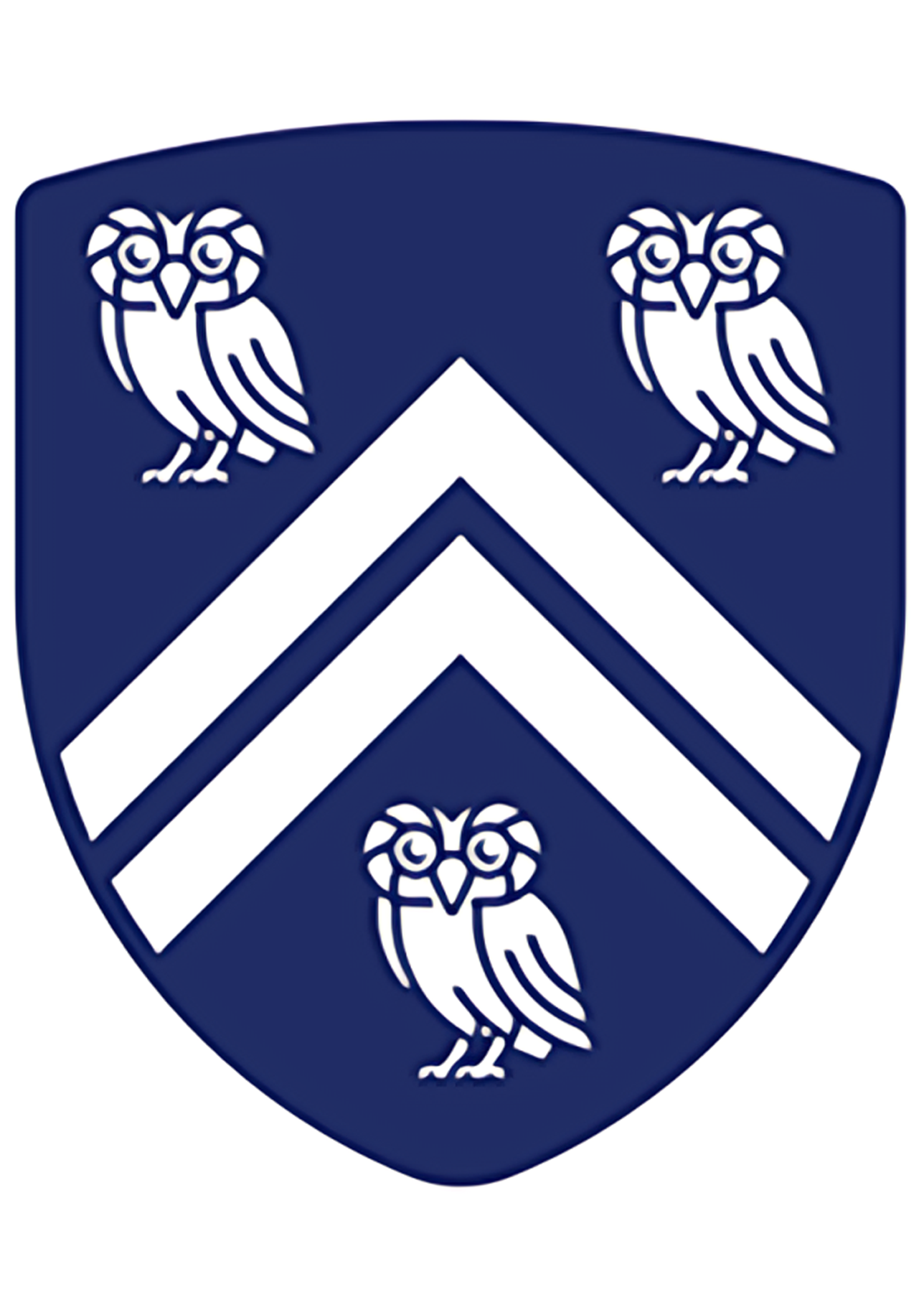
Rice University
Intelligent Score: 91.31In-state: $50,310
Out-of-state: $50,310
In-state: $47,306
Out-of-state: $47,306
SAT: 1460-1570
ACT: 34-36
$2,491 - $2,620
On-Campus
Southern Association of Colleges and Schools Commission on Colleges
120

Howard University
Intelligent Score: 90.27In-state: $26,464
Out-of-state: $26,464
In-state: $32,248
Out-of-state: $32,248
SAT: 1130-1260
ACT: 22-26
$1,370
On-Campus
Western Association of Schools and Colleges Senior College and University Commission
120
How to Choose a Sports Medicine Degree Program
Choose your area of study
Begin by considering your personal and career goals, as these will influence the program you choose. Sports medicine offers diverse areas of study in high-performance leadership, exercise physiology, athletic training, physical assessment and rehabilitation, nutrition, sport management, and more.
Students can earn a Bachelor of Science (BS) or Bachelor of Arts (BA) in exercise science, a BS in health and exercise or athletic training, or a Bachelor of Business Administration (BBA) in sports management. Most of these programs also offer a postgraduate track for master’s degrees.
An undergraduate in sports medicine is the requisite bachelor’s degree for most advanced medical programs.
Research schools and programs
As you research, focus on accredited schools and programs. Accreditation agencies evaluate programmatic and institutional standards to ensure they meet the quality of education established by the Department of Education.
Look for a sports medicine degree program accredited by the Commission on Accreditation of Allied Health Education Programs or the Commission on Accreditation of Athletic Training Education. Students must attend accredited schools and programs to qualify for federal financial aid or transfer credits to other institutions. It also gives students a greater chance of being hired for future positions.
Learn about potential programs or institutions by visiting them or browsing their websites. Attend a virtual or in-person information session or open house and contact the program representative or admissions counselor for program details and guidance. You can also get a sense of the school or program’s culture by following their social media channels.
Prepare for tests and applications
The application process varies by school and program. Most schools use an online application system or portal. Standard application materials include:
- Official transcripts
- Test scores
- Letters of recommendation
- Personal statement or essay
Undergraduates will submit their SAT and ACT scores. The process for postgraduate applicants will vary, but you can expect requests for GRE or GMAT scores and an interview portion.
Speak with an admissions counselor for the most accurate information on program-specific requirements, materials, and deadlines.
Select your program
Review your goals and logistical needs before making your final selection, especially if you are accepted into more than one school. Logistical needs can include whether you enroll in full-time or part-time coursework, choose an in-person or online program, and if synchronous or asynchronous online classes are the right fit for your learning style.
Determine how you’ll pay for your degree
Complete the Free Application for Federal Student Aid (FAFSA) if you seek federal or state loans, grants, or scholarships. Most schools also review these applications to determine your institution or program-level financial aid eligibility.
Many community, non-profit, and faith-based organizations offer grants and scholarships. Review their statement of purpose, beliefs, and criteria for eligibility to ensure their views align with yours.
If you’re currently employed in a similar field, inquire about employer tuition reimbursement programs that may be part of their benefits package.
What Can You Expect From a Sports Medicine Degree Program?
Students will gain a background in various topics, depending on their area of focus. Topics can include:
- Anatomy
- Biomechanics
- Sports psychology
- Motor development
- Leadership skills
- Nutrition
- Organic chemistry
- Pharmacology
An undergraduate degree in sports medicine can take up to four years to complete the required 120 credits and lab work. Graduate students can complete their studies in as little as one year if they participate in a dual-track program, working on their bachelor’s and master’s degrees simultaneously.
Most sports medicine programs involve lecture and lab coursework with a capstone or research project. Students following a master’s degree track will also complete clinic hours.
A degree in sports medicine prepares students for their medical studies as physician’s assistants, physicians, or surgeons. These programs require a bachelor’s degree before being considered for the medical program. Completing a medical degree can take another four years and an additional five to eight years in residency.
Potential courses you’ll take in a sports medicine degree program
- Therapeutic Nutrition for Individuals. This course examines the use of special diets in treating diseases and the metabolic alterations in disease states. Students use a case-study approach to learn interviewing and counseling skills.
- Introduction to Human Anatomy and Physiology. This course gives an overview of the human body’s structures and functions. During the lab portion, students examine and evaluate systems in the body and how they affect human performance.
- Motor Development and Learning. Students explore and analyze how growth and maturation affect the development of motor skills across the lifespan. Topics include understanding the interaction of environmental and biological factors that affect motor skills development.
- Musculoskeletal Anatomy and Kinesiology. This course involves an integrated study with an emphasis on qualitative assessment. Topics include the mechanical principles of motion, skeletal movement and motor skills, and the musculoskeletal system, attachments, actions, and nervous innervation.
- Biomechanics of Movement. Students examine the mechanical principles underlying human movement. The primary focus is kinetics, fluid mechanics, angular momentum, joint forces, and torques. Students analyze various movement patterns and sports activities using different lab techniques.
Sports Medicine Degree Frequently Asked Questions
How do I apply to a sports medicine degree program?
The application process will vary by school and program. You can expect requests for official transcripts, SAT and ACT scores, letters of recommendation, and a personal statement or essay. Your essay or statement should focus on how the specific program aligns with your career goals and what makes you a good candidate.
Generally, any letter of recommendation should come from someone in good standing in the field in which you’d like to work. Speak with the admissions counselor or program representative for application tips and best practices.
How much does a sports medicine degree cost?
Yearly tuition for an undergraduate sports medicine degree averages $14,688, and $20,513 for a graduate degree. Costs will vary between public, private, and online institutions. Your tuition does not cover additional program fees like texts and materials, school and work supplies, and lab or clinic fees.
When planning your financial needs, consider your cost of living expenses, including housing, meals, transportation, and personal expenses. Your ability to get funding will also impact your total out-of-pocket expenses.
How long does it take to earn a sports medicine degree?
An undergraduate degree in sports medicine can take up to four years to earn, and a postgraduate degree can take two more years. Fast-track programs allow you to complete your bachelor’s and master’s degrees in five years by working on the coursework simultaneously. Online programs and part-time enrollment can also impact how long it will take you to earn your sports medicine degree.
